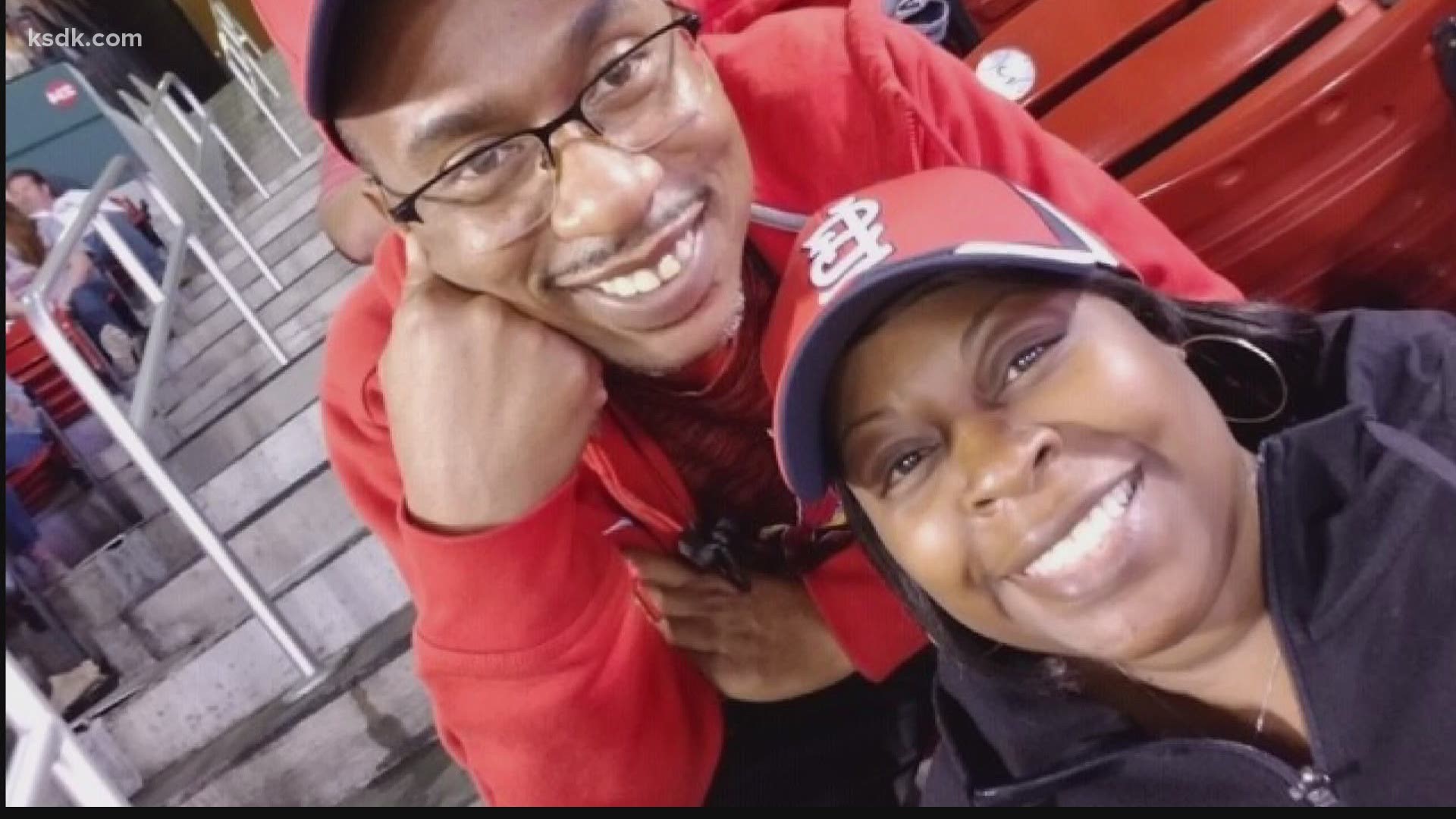ST. LOUIS — Nicki Love-McIntyre is grateful for her three-year-old marriage, which could be described as love at first sight.
“We hit it off immediately and pretty much the next year and a half we were married,” said Love-McIntyre.
It was a marriage that might not have happened. Timing is everything and just four months before meeting her husband Ryan, Love-McIntyre needed two life-saving transplants for her kidney and pancreas.
"Even though I work in the medical field, I didn't know a lot about chronic kidney disease and I really was unaware that diabetes was something that led to chronic kidney disease," said Love-McIntyre.
Love-McIntyre is the benefits coordinator at SSM St. Louis University Medical Center. Coincidentally, both of her transplants were performed at the hospital where she works.
“It's a little unusual, yes,” laughed Love-Intyre. “I was just kind of like, okay, who's going to see me naked in the operating room? Maybe I shouldn’t have said that.”
While Love-Intyre is able to see some humor related to her organ replacement, she also knows it was a deadly situation.
“I could barely walk," she said. "Just being sick all the time and when you're a little bit younger, that's not the life that you want to live. When you are waiting for a transplant that will save your life and you don't know when it will come, that’s scary. Especially because of the number of people that die every day waiting for those organs.”
African-Americans make up the largest group of minorities in need of organ transplants. Although becoming a donor is as easy as a trip to the Department of Motor Vehicles, or signing up online, there is a shortage of Black donors.
LaKeisha Coleman is a Hospital Services Specialist for MidAmerica Transplant.
"60% of the national waiting list are made up of individuals who we consider to be multicultural so in other words, the majority of that list is made up of people who look like me," Coleman said. "And so there's absolutely a need in our community for organ donors for those folks who are looking for that same second chance at life. The scientific fact behind that is that we do better when we receive organs from people who look like us. And, you know, we have a better chance to live.”
That’s the reason Nicki Love-McIntyre shared her transplant story
“I've been a registered organ donor since the day I turned 16, she said. "So, I didn't receive something that I wasn't willing to give someone if the case arose.”
For information about organ donation, organdonor.gov.


